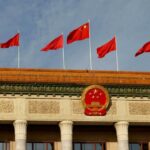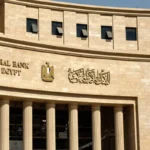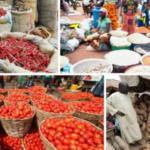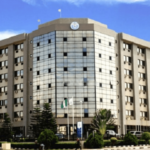Nigeria has been ranked 24th in Africa in terms of digital development, according to a report released on Thursday by Statisense, which evaluated countries based on their ICT development index.
Libya topped the list with a score of 88.1, followed closely by Morocco and Seychelles with scores of 86.8 and 84., respectively.
Other leading nations include Mauritius (84.2), South Africa (83.6), and Algeria (80.9), indicating a significant presence of North African countries among the top performers.
Nigeria’s score of 46.9 places it behind neighboring countries like Ghana, which ranks 15th with a score of 66.2, and Kenya, which ranks 18th with a score of 58.5.
- Advertisement -
As of March 2024, Nigeria’s internet penetration stood at approximately 43.53%, reflecting the percentage of the population with access to broadband services, which has seen a gradual increase from earlier levels.
Abiola Jimoh, co-founder of XChangeBOX, noted that despite having the largest population in Africa, Nigeria’s reliance on imported components for broadband deployment, which requires foreign currency, further hinders the rate of investment.
He also highlighted that inconsistent policy directions and political instability are major deterrents for investors in the technology sector.
However, with the right investments and strategic focus, Nigeria has the potential to improve its standing in the ICT index and contribute to Africa’s digital transformation.
The Nigerian Communications Commission aims to reach 70% broadband penetration by 2025 as part of the National Broadband Plan, but the country still lags in overall digital development.
- Advertisement -
Nigeria scored 71% in a separate report published by the International Telecommunication Union last month, on its preparedness for digital transformation.
Nigeria is enhancing its digital transformation by increasing its fiber network capacity from 35,000 km to 125,000 km, with initiatives led by Minister Bosun Tijani and the National Information Technology Development Agency.
These initiatives aim to make Nigeria’s fibre network the third-largest in Africa, following South Africa and Egypt.










